America Deserves to Be Shamed by the U.S. Women's Soccer Team
What more do the four-time World Cup champions have to prove to get equal pay?
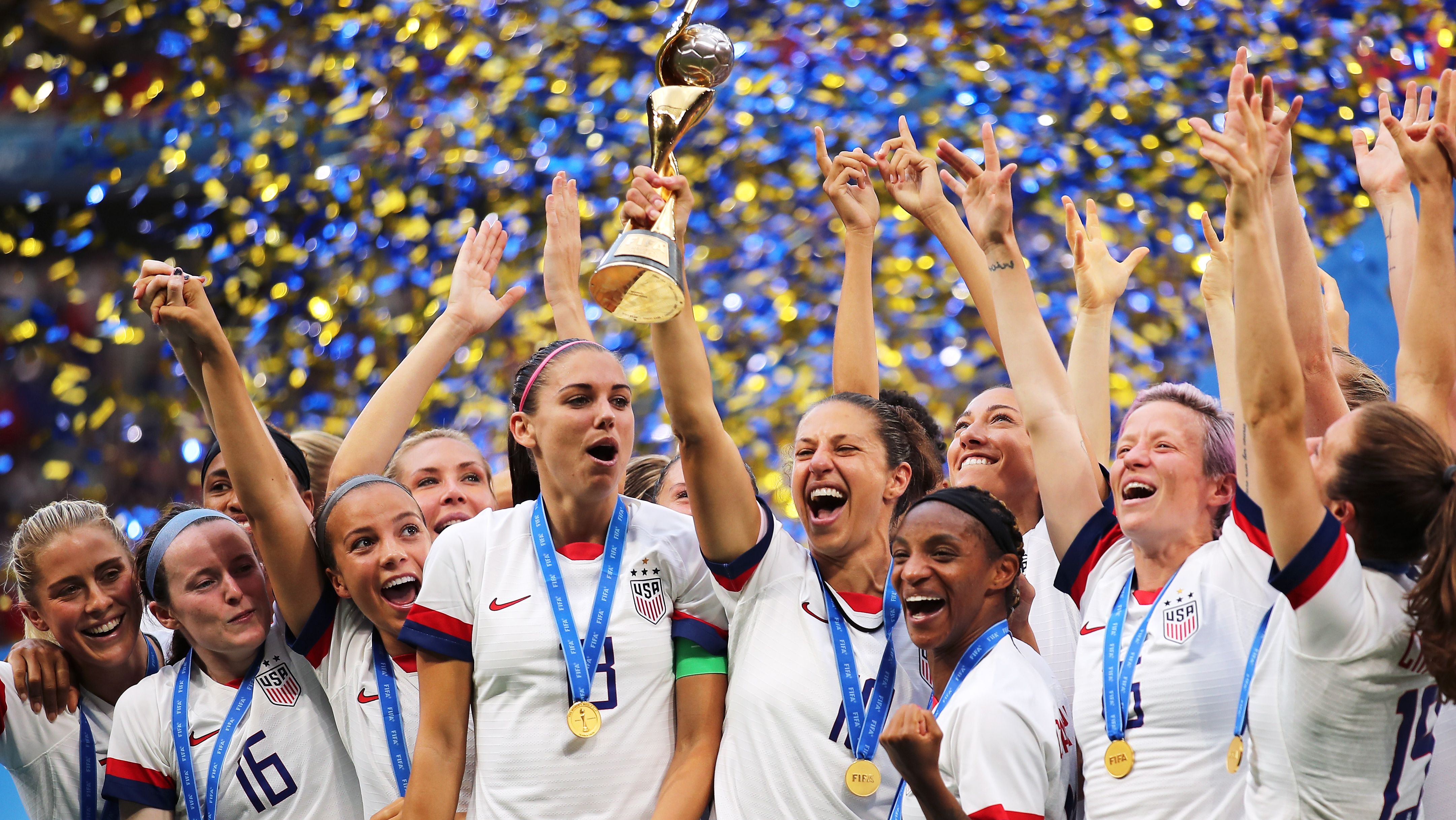

For the fourth time in history, the U.S. Women’s Soccer Team won a World Cup title—a victory that solidified their standing as one of the country’s, or even the world's, most consistently successful teams. Upon their defeat of the Netherlands in the final on Sunday, the audience of France’s Stade de Lyon stood and chanted, “Equal pay! Equal pay!”
To call it a powerful moment would be an understatement. It was—hopefully—an inflection point. Tens of thousands of people shouting, demanding that these players, the best at their job in the world, be remunerated appropriately for their efforts and talents. Liberté, égalité, sororité.
It was the manifestation of years of outspoken advocacy by the team. In March, the 28 members of the 2015 championship team filed a lawsuit against the U.S. Soccer Federation (USSF) alleging gender discrimination. Though the men’s national team is objectively less successful than the women’s (this is the women’s second World Cup championship in a row, while the men’s team didn’t even qualify for 2018's tournament), the women earn less than half of what the men do (approximately $5,000 per game versus $13,000, per the lawsuit). The big defense against this egregious discrepancy? More people (supposedly) care about men’s soccer than women’s.
Somewhere in that stadium @shelbylcole is screaming “equal pay” at the top of her lungs and deliriously happy pic.twitter.com/iSAOeTWL9WJuly 7, 2019
But, as the Wall Street Journal points out, that’s not even true: Citing audited financial records from USSF, women’s games generated about $50.8 million in revenue from 2016 to 2018, while the men’s team earned $49.9 million. They also bring in more viewers: Ratings in the U.S. for yesterday's women's final were higher than last year’s men’s final between France and Croatia and “one of the highest-rated soccer telecasts in the history of the sport,” according to Nielsen ratings reported by CNN. Soccer's international governing body, FIFA, at least, recognizes there's a problem: On Friday, FIFA President Gianni Infantino outlined a proposal to double the women’s prize money from $30 million to $60 million—though that’s still a bit short of the $440 million awarded to the World Cup–winning men’s team.
What else does the women’s team have to do to prove they’re worth at least as much as the men?
Well, that’s the thing: Most women living in America can look at those figures, understand the hypocrisy, and still know that a change in policy would signal a miracle. It’s not impossible of course—the USSF is under increasing pressure from the players and the fans who adore them. But it’s highly unlikely, because for those who perpetuate a gender wage gap, it’s not really about the money. It’s about how they feel about women’s power, and the answer is: Pretty negatively.
We should be embarrassed by this, as a nation. Women are embarrassed already: It’s humiliating and dehumanizing to know that the job you work hard to be good at, that you show up to every day, would be worth more to a company if it were performed by a man—and for reasons that have little to do with experience, skill, or future potential. In 2019, by uncontrolled wage gap measurements, a woman will still make 79 cents to every dollar a man makes.
Stay In The Know
Get exclusive access to fashion and beauty trends, hot-off-the-press celebrity news, and more.
The fact that we now have a group of outspoken, highly charismatic, repeated champions pointing this out should make us uncomfortable. In fact, where logical and lived experience fail to present a compelling enough argument for doing the right thing, the public humiliation of executives and leaders may be our best hope for change. When Infantino was booed after Sunday’s final, Rapinoe later commented that she was “down with the boo’s.” “I think everyone is ready for this conversation to move to the next step,” she explained.
And then she helpfully outlined what those next steps would look like:
‘Let’s get to the [point] of what’s next. How do we support women’s federations and women’s programs around the world? What can FIFA do, what can we do, to support the leagues around the world? We put on as players—every player at this World Cup put on the most incredible show that you can ever ask for, and we can’t do anything [to] impress more, to be better ambassadors, to take on more, to play better. It’s time to move that conversation forward to the next step and a little public shame never hurt anybody, right.’
(Per Metro UK.)
We should feel embarrassed that our national team has to endure this kind of inequity, because embarrassment is the point. And there’s really never been a better time to make it: The fight for equal pay raged long before Trump came to power, but this administration is so openly hostile to women—and especially members of the LGBTQ community—that it’s doubly powerful when LGBTQ players like Rapinoe, Ali Krieger, and Ashlyn Harris are the ones pushing for visibility and equality.
Ironically, the administration’s attitude toward these issues has perhaps even created more space to talk about things like gender wage disparity, treatment of members of the LGBTQ community, and the value of women’s work, all in an unprecedentedly open way. By lifting up primarily the values and interests of straight, white men, everyone who doesn’t fall under that category has an even greater obligation to speak up, and to amplify one another’s voices in turn.
The members of Women’s U.S. Soccer are forcing those who perpetuate inequality to stare it in the face and then try to justify their actions. So yes, all Americans (but especially USSF) should feel embarrassed, and really embrace that humiliation. And then do something about it.
For more stories like this, including celebrity news, beauty and fashion advice, savvy political commentary, and fascinating features, sign up for the Marie Claire newsletter.
RELATED STORY
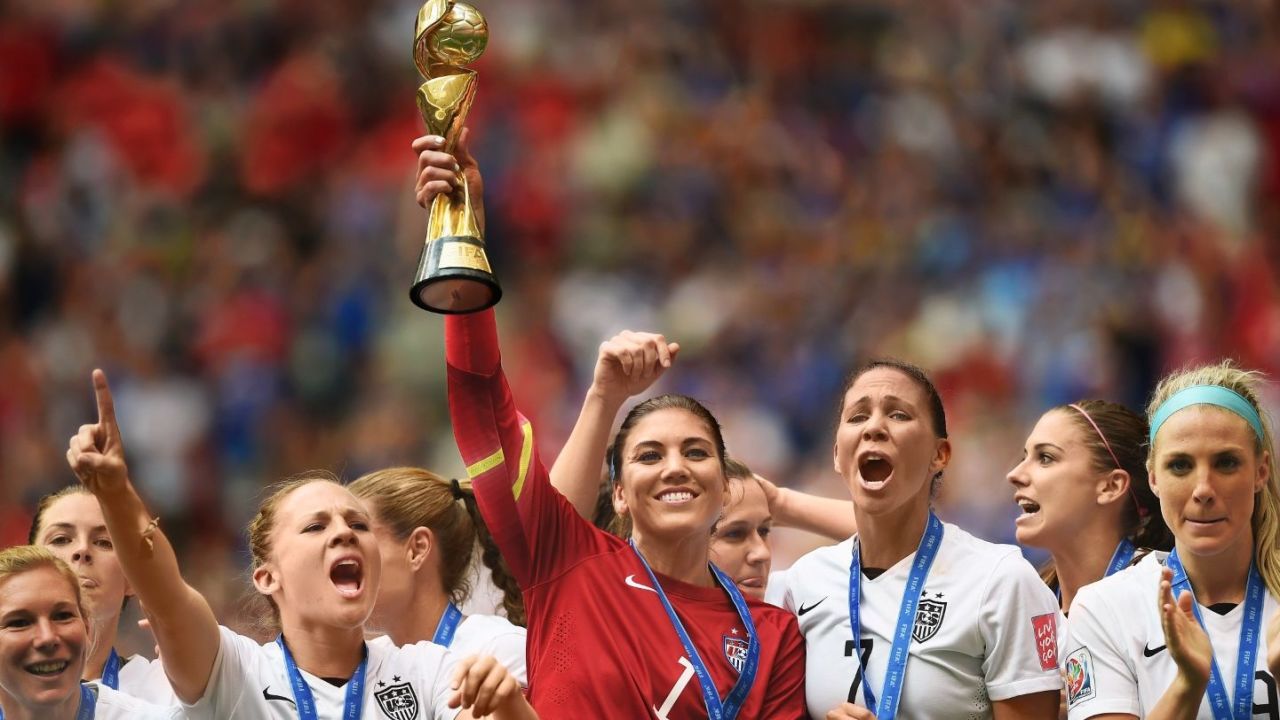
Cady has been a writer and editor in Brooklyn for about 10 years. While her earlier career focused primarily on culture and music, her stories—both those she edited and those she wrote—over the last few years have tended to focus on environmentalism, reproductive rights, and feminist issues. She primarily contributes as a freelancer journalist on these subjects while pursuing her degrees. She held staff positions working in both print and online media, at Rolling Stone and Newsweek, and continued this work as a senior editor, first at Glamour until 2018, and then at Marie Claire magazine. She received her Master's in Environmental Conservation Education at New York University in 2021, and is now working toward her JF and Environmental Law Certificate at Elisabeth Haub School of Law in White Plains.
-
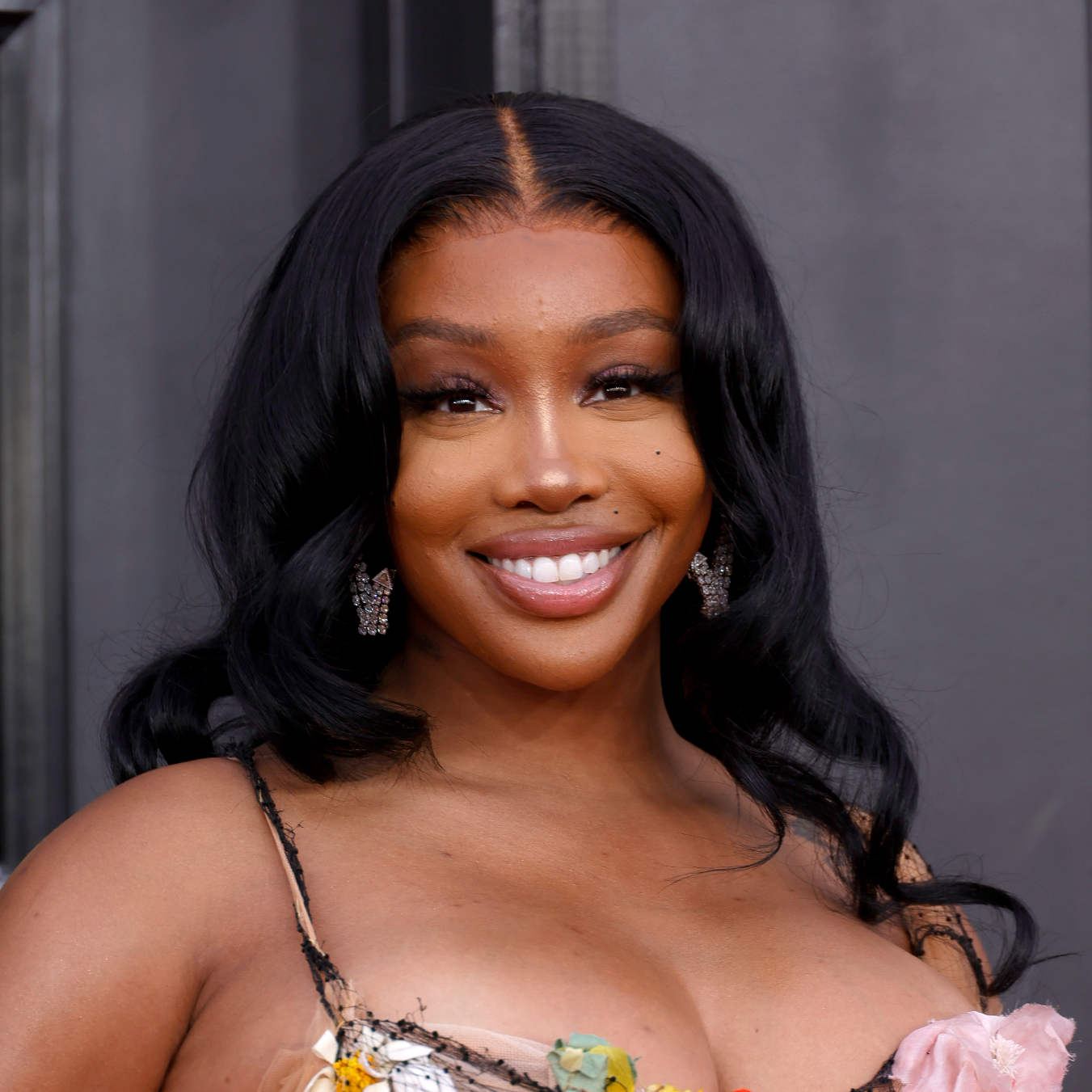 Sza Has a Beauty Brand Now—And Her Signature Lip Combo Is the Star
Sza Has a Beauty Brand Now—And Her Signature Lip Combo Is the StarHer iconic gloss that kept the world guessing is set to be the first drop.
By Ariel Baker
-
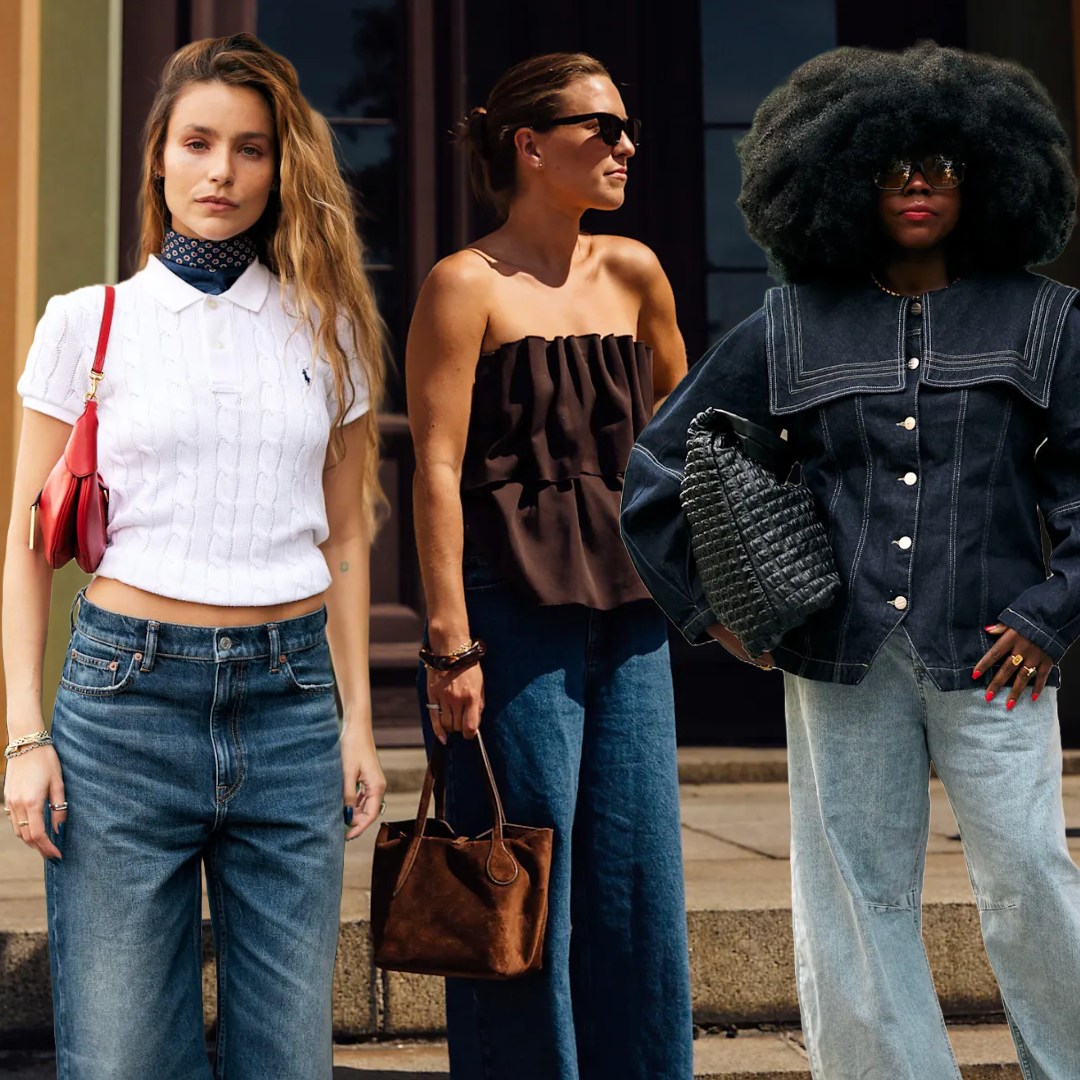 This Is Your Shortcut to Easy Summer Style
This Is Your Shortcut to Easy Summer StyleThe classic outfit formula got a revamp.
By Julia Marzovilla
-
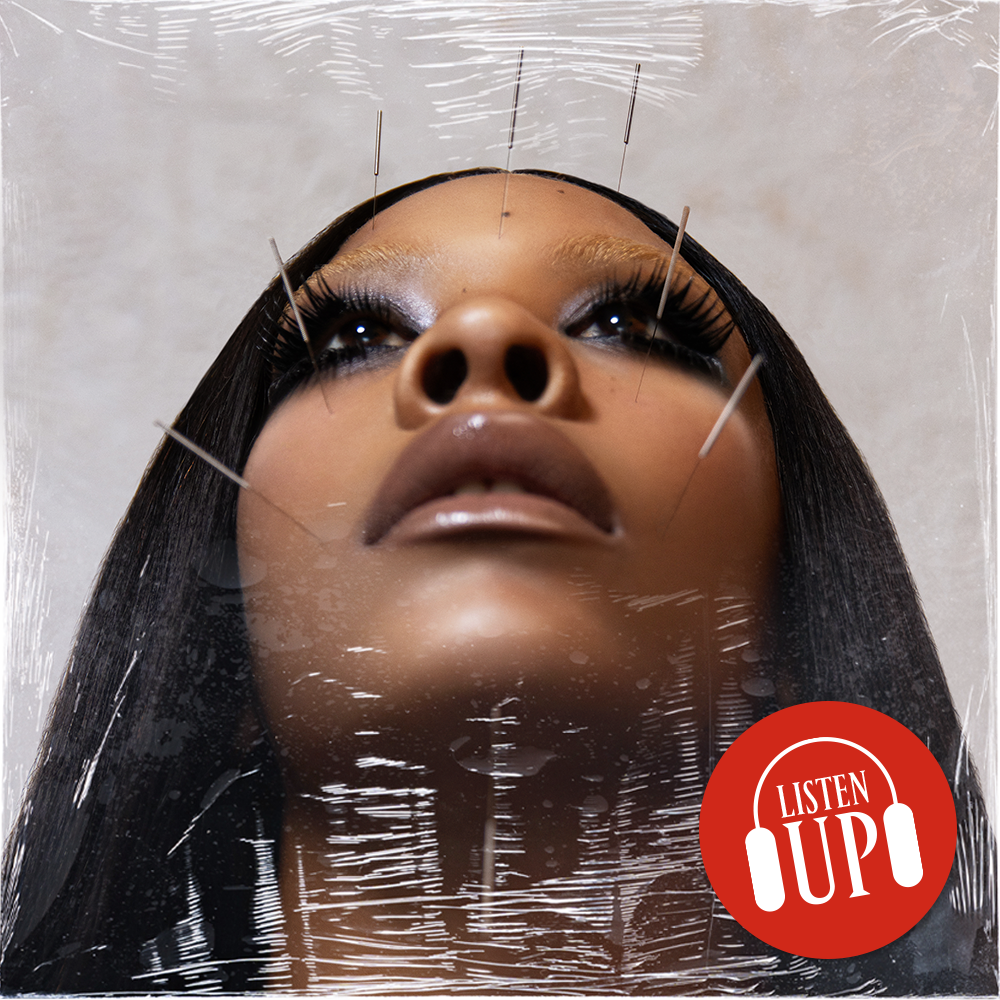 Rico Nasty Shares What Music Shaped Her—and What's on Her Playlist Now
Rico Nasty Shares What Music Shaped Her—and What's on Her Playlist NowWith her new album 'LETHAL' coming soon, the rapper opens up about her musical preferences for the 'Marie Claire' series "Listen Up."
By Sadie Bell
-
 Confronting Unequal Pay: A 10-Step Guide for Women—and Their Allies—to Fight Wage Discrimination
Confronting Unequal Pay: A 10-Step Guide for Women—and Their Allies—to Fight Wage DiscriminationBlack Women’s Equal Pay Day is not a celebration. My hope is that if we all continue to ask for what we want, we chip away at that wage gap, one Black woman—and ally—at a time.
By Minda Harts
-
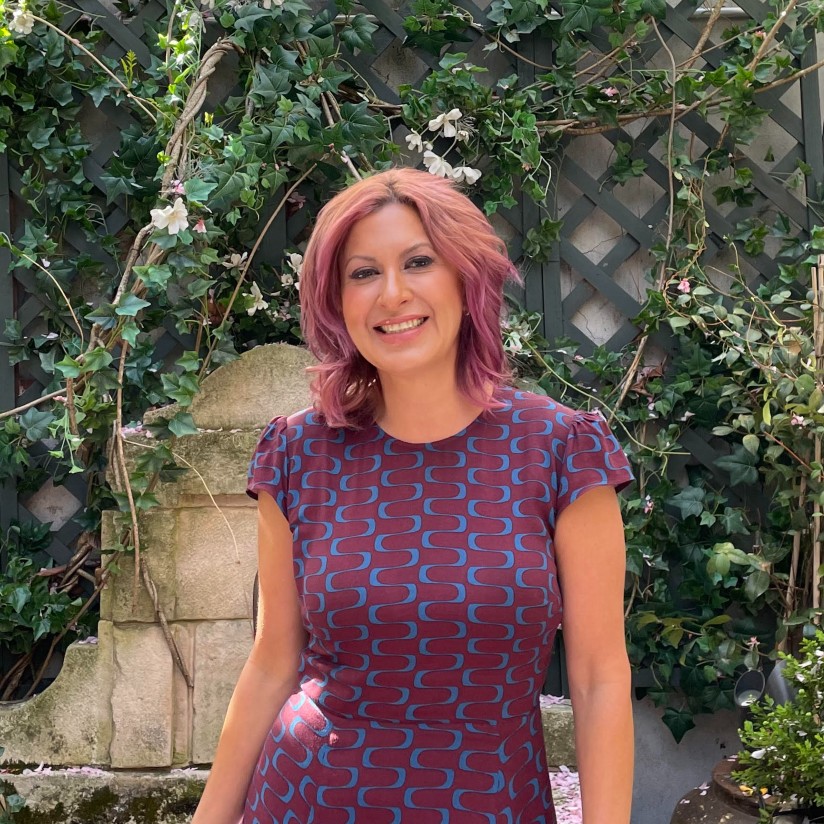 Why I Added Back My Maiden Name—and My Mother’s Maiden Name
Why I Added Back My Maiden Name—and My Mother’s Maiden NameKatie Ann Echevarria Rosen Kitchens, the cofounder and chief curator at FabFitFun, knows her name is a mouthful. But changing her name celebrates her Latinx roots and feminism.
By Katie Ann Echevarria Rosen Kitchens As Told To Tanya Benedicto Klich
-
 'She Pivots': Reshma Saujani, the Founder of Girls Who Code, Wants To Debunk the 'Big Lie of Corporate Feminism'
'She Pivots': Reshma Saujani, the Founder of Girls Who Code, Wants To Debunk the 'Big Lie of Corporate Feminism'In the 'She Pivots' podcast, Saujani talks about her career's many twists and turns.
By Emily Tisch Sussman
-
 Give Mom What She Really Wants This Year: Equal Pay
Give Mom What She Really Wants This Year: Equal PayMoms have faced some of the biggest setbacks since the pandemic started. So this year, don’t just say it with flowers—say it with phone calls to your Senators and your HR department.
By Elizabeth Barajas-Román
-
 Don't Stress! You Can Get in Good Shape Money-wise
Don't Stress! You Can Get in Good Shape Money-wiseFeatures Yes, maybe you eat paleo and have mastered crow pose, but do you practice financial wellness?
By Sallie Krawcheck
-
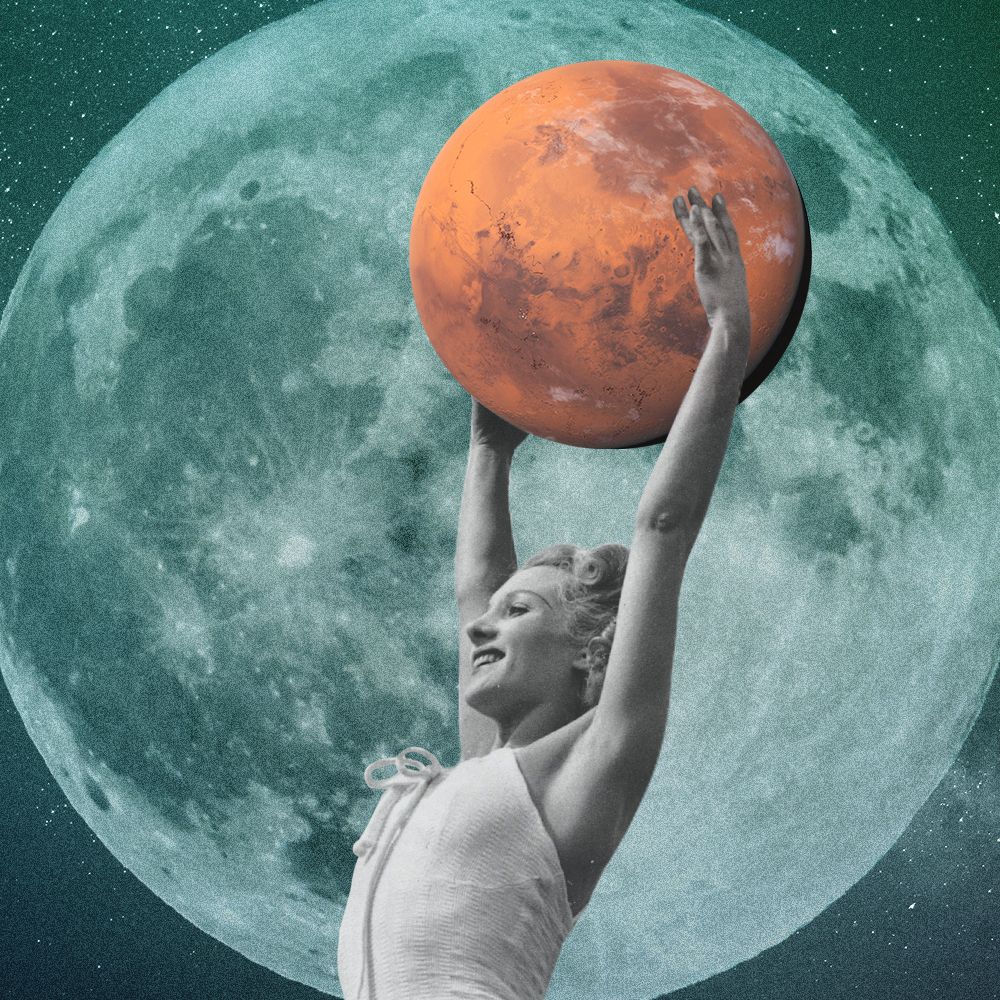 Mars Needs Women
Mars Needs WomenThey eat, breathe, and weigh less than men, which, in the context of a months-long space flight, could be a real game-changer. Plus, they bring soft skills that might make the trip a lot more pleasant.
By John Scott Lewinski
-
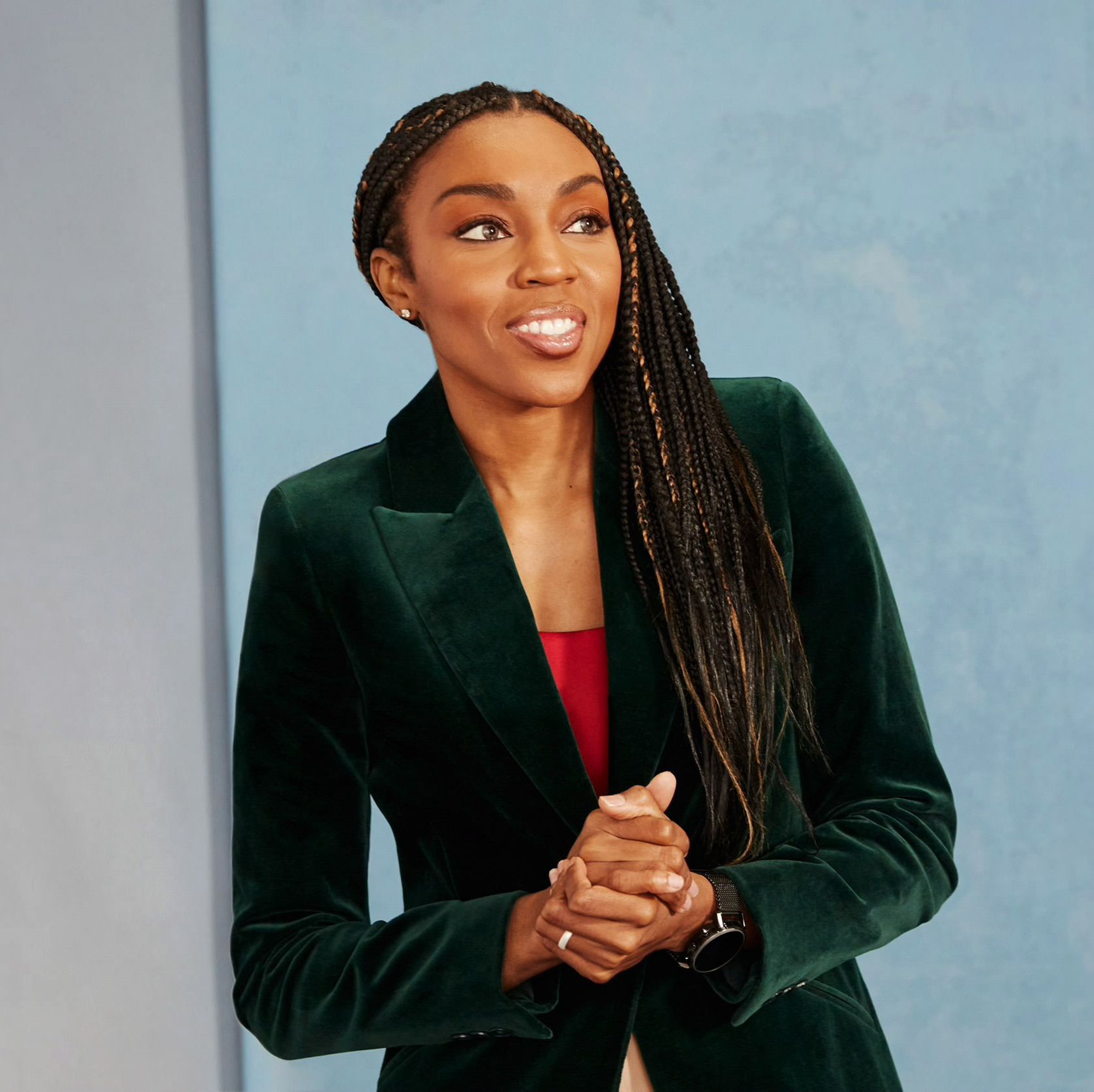 Renee Montgomery Got Her (Atlanta) Dream—Now It's Time to Get to Work
Renee Montgomery Got Her (Atlanta) Dream—Now It's Time to Get to WorkWith the league's 25th season underway, the former WNBA player is ready to lead the Dream into its next chapter.
By Rachel Epstein
-
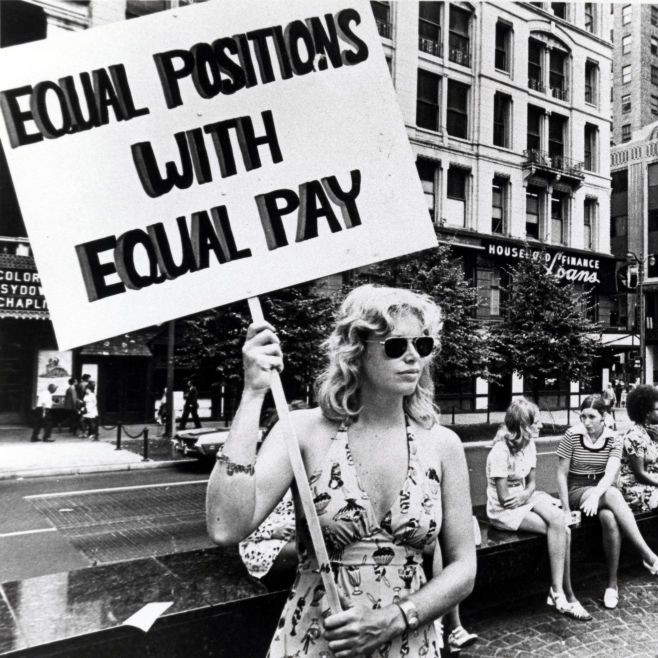 What Equal Pay Day Gets Wrong
What Equal Pay Day Gets WrongThe day marks how far into the year an average woman must work to earn what the average man earned the year prior. In her first finance column for Marie Claire, Sallie Krawcheck shares why Equal Pay Day also isn't measuring up.
By Sallie Krawcheck